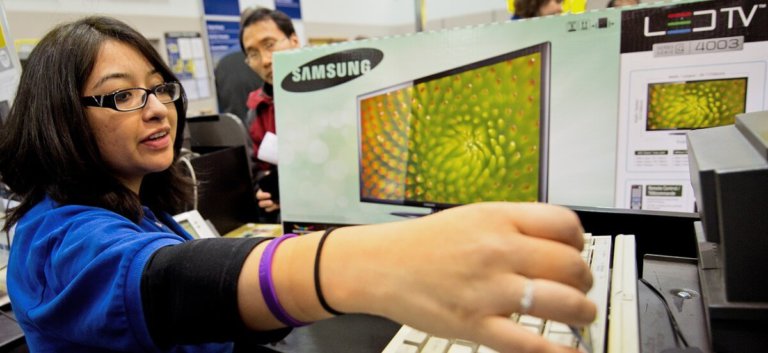
The impact of jobs on US college students varies widely from one student to another, a new report has found, providing a valuable insight for college students planning to work while pursuing tertiary education in the country.
While the majority of college students work while studying, they work in different types of jobs and for varying hours. A big factor to what determines this is a student’s family income, according to the report by the Center on Education and the Workforce at Georgetown University.
“Students from higher-income families tend to benefit as they work fewer hours in jobs directly related to their fields of study. Low-income working college students often work longer hours, and as a result, are less likely than their higher-income peers to get good grades and attain bachelor’s degrees or any credential at all,” said the report.
59% of low-income students who work 15 hours per week or more had a C average or lower, and they risk hurting their grades or dropping out. Learn more about the effects of working while in college: https://t.co/coKUStX7KD
— Georgetown CEW (@GeorgetownCEW) November 13, 2019
Jobs for college students: boon or bane?
There are stark differences between higher-income and lower-income students. The former are accessing the best jobs and work experience, including internships. According to the report, 14 percent of students from this group work in a lucrative field like science, technology, engineering and mathematics (STEM); business; or healthcare, compared to only six percent of their less financially fortunate peers.
On the other side of the income fence are low-income students working in food service,
sales and administrative support fields, putting them at a disadvantage as such work experiences do not provide the “deeper technical and general skills that foreshadow good career entry-level jobs”.
Low-income working students are found to be disproportionately Black and Latino, women, the first in their family to attend college and new arrivals to the US. They are also more likely to work full-time than their high-income peers.
As a result, they are “more vulnerable to experiencing declining grades when the average number of hours they work approaches or exceeds 40 hours per week,” said the report. As they are more likely to be enrolled in more narrowly focused fields of study at the sub-baccalaureate level, they are “less likely to gain the long-term adaptability that comes with the mix of general and specific education characteristic of the two-year or four-year degree”.
This can undermine their chances of graduating. “Low-income working learners are less likely to earn a credential overall, even if they come from the upper end of the academic performance distribution,” adds the report.
Such effects perpetuate and worsen the inequalities of American society, according to Lindsay Ahlman, Associate Director of Research at the Institute for College Access and Success.
Speaking to Inside Higher Ed, Ahlman said: “To me, it boils down to the story of how higher ed is compounding social inequity.
“The type of privileges you enter college with tend to compound in college.”
Liked this? Then you’ll love…
Are working-class students and academics avoiding top universities?
International students: A brief guide to working in the UK post-graduation







